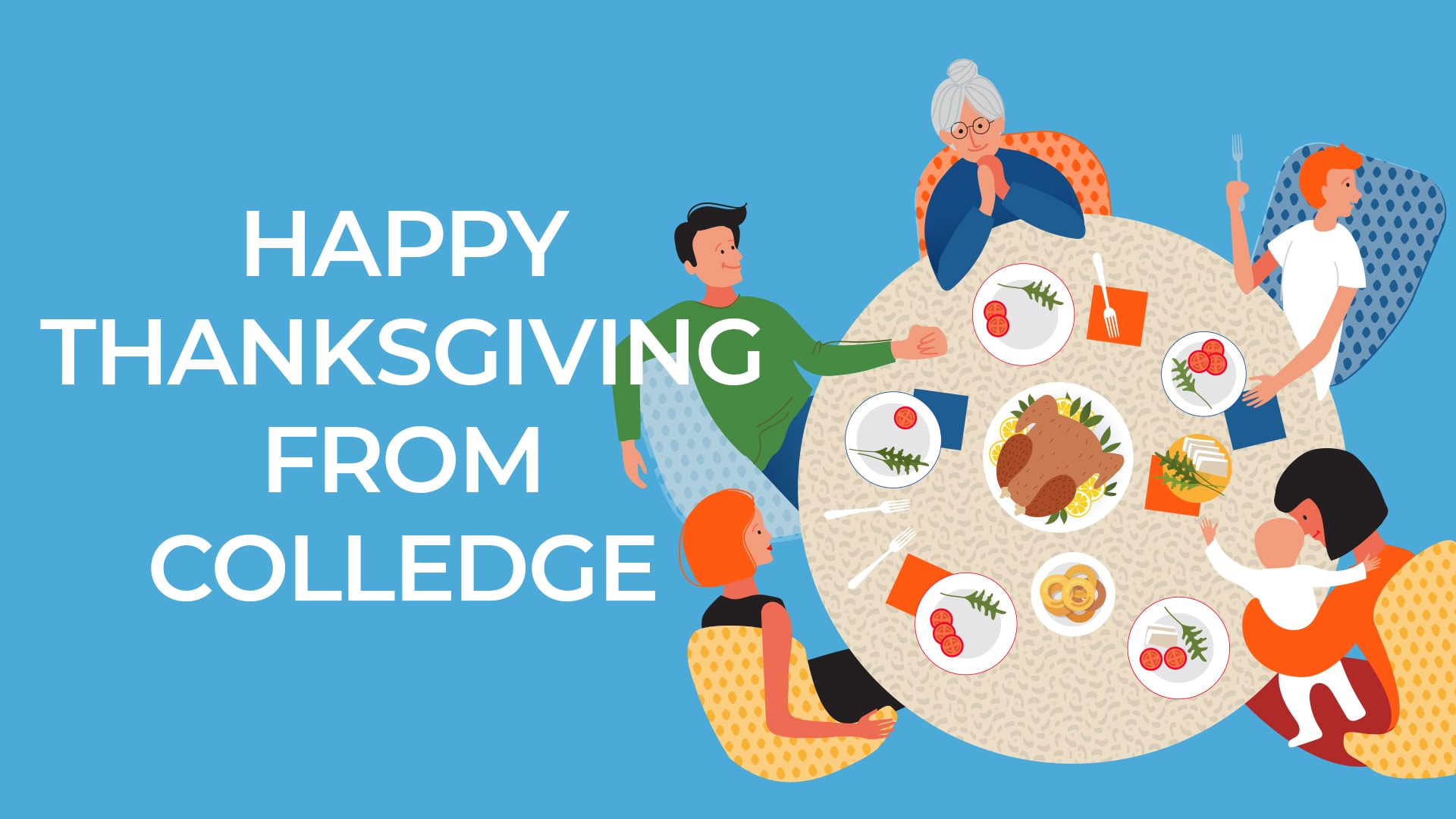
Engineers are more than just scientists. They are problem-solvers who come up with some of the most innovative solutions to our world’s biggest problems. Solving ecological problems like creating clean energy or medical problems like detecting early signs of cancer are just a few examples of work that might excite engineers.
But your child doesn’t have to be a genius to be an engineer. If she’s curious about the world and has an interest in fixing things with a willingness to stick with a challenge, like math problem sets, she might have what it takes to be an engineer.
In fact, when it comes to studying engineering in college, there are a variety of programs to choose from. Some are highly directed, whereas others offer a broad foundation in their curriculum.
Here are some of my top picks.
USC Viterbi School of Engineering
After visiting USC Viterbi, and meeting with admissions officers, I learned that students who thrive there tend to prefer a big school where they can combine the study of engineering with other areas such as urban planning, architecture, or entrepreneurial studies.
In terms of admissions, they prefer students with:
- Calculus on the transcript or an AP Calculus score
- 4 years of Science (Physics not required)
- SAT Math: above 600’s (SAT Subject Tests not required)
- Rigorous senior year curriculum
Admissions insight: The Viterbi School of Engineering staff weighs in on decisions, but the USC general admissions office makes the final decision.
Olin College of Engineering
Olin’s Capstone thesis offers its students a year-long project working in tandem with an outside company, where students develop teamwork, strong communication skills and leadership. They create open-ended projects and require a high level of self-reliance and autonomy. These students are solving real life problems with real companies. The best-fit Olin student is someone who is independently motivated, enjoys collaboration, and craves challenges that will solve problems with applied solutions.
Lehigh University
Offering engineering students a more holistic education, the Rossin College of Engineering and Applied Science has state-of-the-art facilities and courses in nanotechnology, biotechnology, bioscience, and optoelectronics, all in a mid-sized liberal arts setting. One student says, “The classes are small enough that you get attention, but you are still constantly meeting new people and making new friends.” Lehigh is truly one-of-a-kind.
Best Fit Student: One who craves one-on-one mentorships with faculty and hands-on research in a liberal arts setting.


